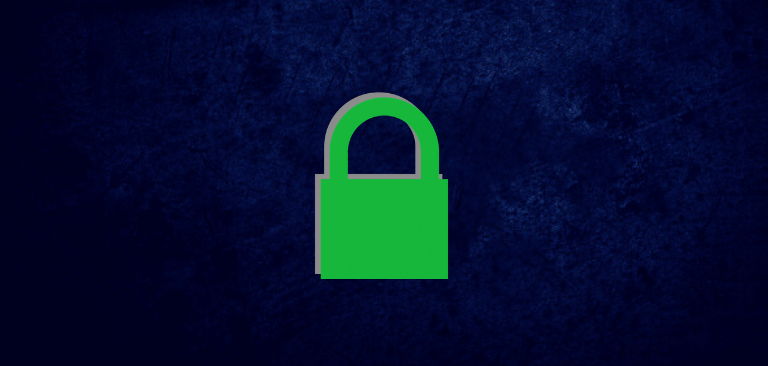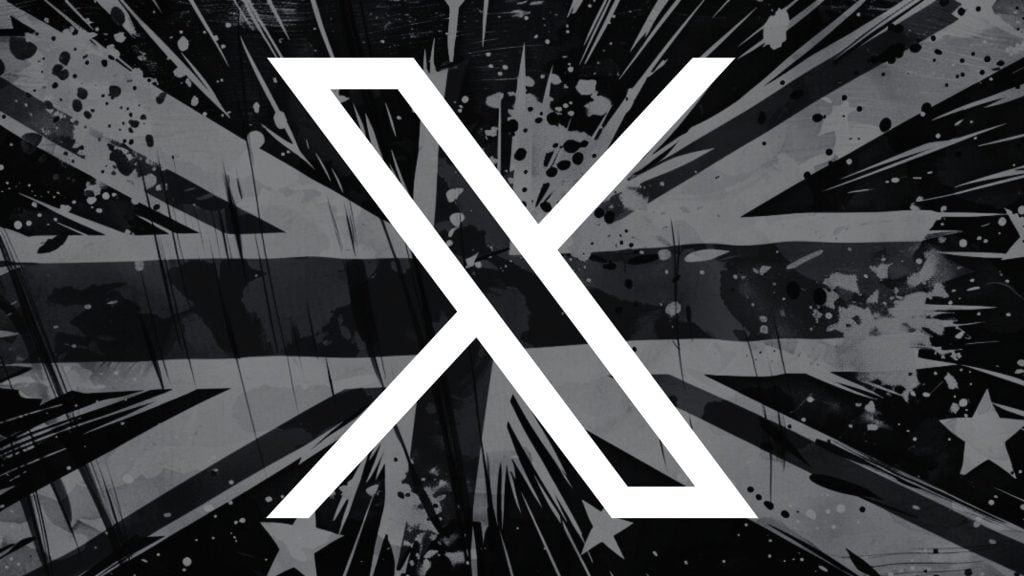The Digital Millennium Copyright Act (DMCA), a piece of US legislation passed all the way back in 1998, has been consistently criticized for a number of reasons over the years.
In addition to its very nature, which many have said stifles freedoms, innovation, and competition by strengthening and protecting established and powerful copyright holders over smaller entities, the issue of abuse of the system also features prominently.
In-Depth:? How the DMCA has become one of the biggest threats to online speech
The DMCA is today almost routinely abused online through takedown notices, but also more recently by increased abuse of the law’s anti-circumvention provision.
With all this in mind, it’s clear that the DMCA is ripe for profound changes or even scrapping, as critics would have it. But US authorities seem to be willing to give it a strange facelift by delving into DMCA Section 512 – and how they might make it “more effective.”
Casey Fiesler, assistant professor at University of Colorado Boulder, touches on this, noting that the Copyright Office published its report into a five-year study looking into the problem.
It is Section 512 that provides legal liability to platforms and websites hosting user-generated content – “as long as they provide a system that allows copyright holders to request that infringing content is removed.”
This is the reason why the likes of YouTube and Twitter remove posts and suspending accounts pretty much at the drop of a hat, as soon as they receive a DMCA takedown notice – making life miserable for independent creators, but comfortable for them as they comply with the law while making the least effort. And, of course, this policy allows DMCA abusers to exploit the system, as they alarmingly frequently do.
But the study – in addition to (unhelpfully) concluding that “no potential solution will please everybody” – also made the mistake of leaving out of consideration the category of content creators who are falsely accused of violating copyright, while in reality making legal use of it through transformative works.
Instead of actually considering “everybody,” the study’s interests is only in two players: “platforms” like YouTube, and big copyright holders.
I.e., just like the current DMCA rules serve web giants and the entertainment industry, who are using this legislation to, one way or another, effectively rig the game to their advantage. It does nothing for creators who keep getting flagged with false DMCA claims.
If you're tired of censorship and dystopian threats against civil liberties, subscribe to Reclaim The Net.









